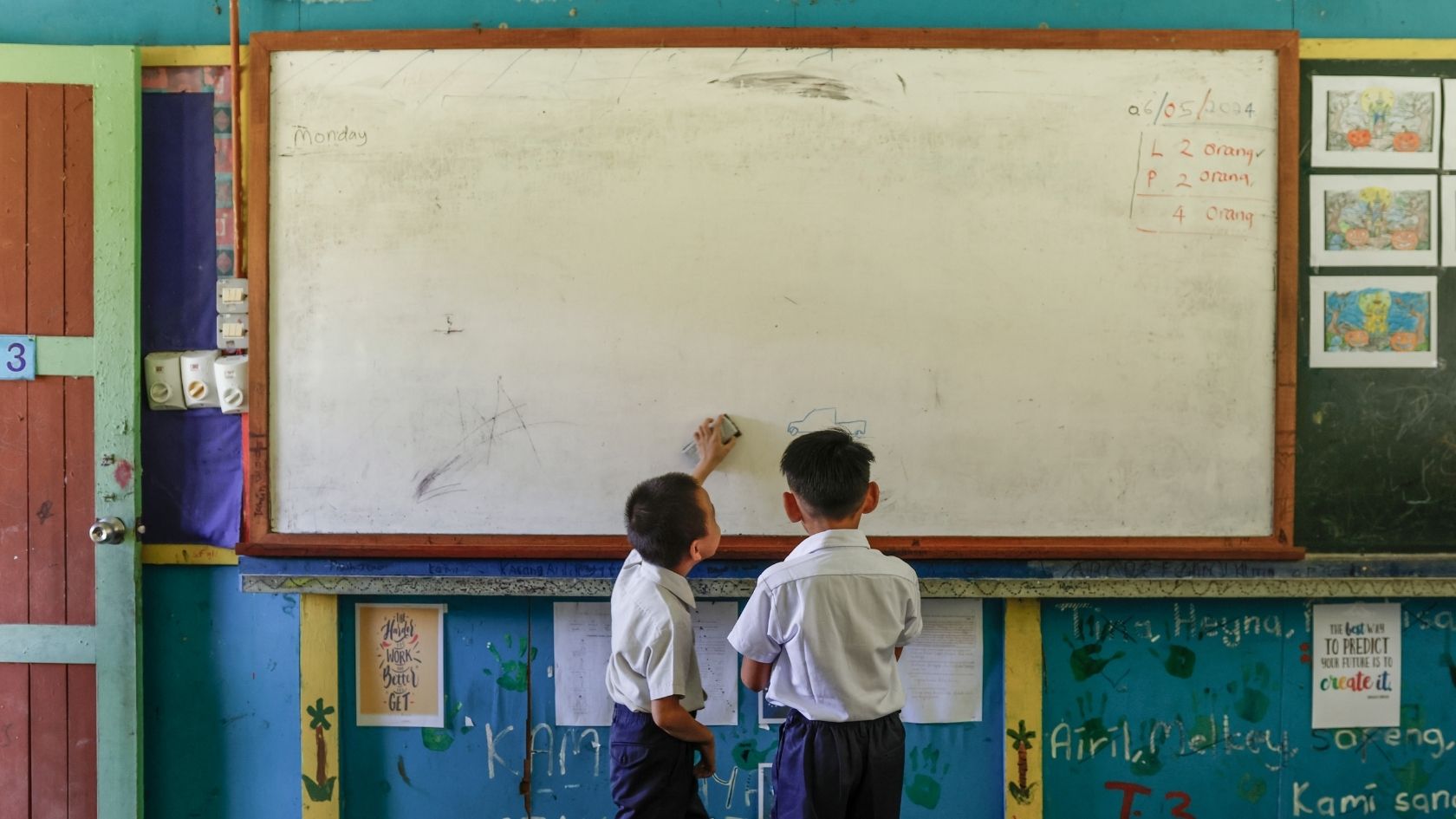When I think back to school, one memory stands out. The sound of the cane slicing through the air. The sting on my palm. It was normal. Part of everyday life. Like many students, I thought corporal punishment in Malaysian schools was necessary.
But as I grew older, I realized how much it shaped me. And not in the ways my teachers intended.
Corporal punishment isn’t just pain
Corporal punishment isn’t just a slap or a scolding. It’s about fear. You tense up when a teacher walks past. You stay silent, even if you know the answer.

I remember the cane tapping on the desk. It meant someone was about to be punished. Often, it wasn’t even for bad behavior. Messy handwriting. Forgotten homework. The message was clear: mistakes deserve pain.
At the time, I didn’t question it, and neither did my classmates. Being caned seemed part of being a “good” student. Many parents supported it, believing strict discipline built character.
“You deserve it,” they would say. But that didn’t make me better. It made me afraid. It made me associate learning with anxiety, and authority with humiliation.
Even now, I flinch at sudden loud voices. I replay moments in my head when I was yelled at in front of friends, feeling shame and anger. These are the invisible wounds left behind and they don’t fade with time.
Why fear isn’t discipline
A 2025 World Health Organisation report shows corporal punishment harms children’s emotional and mental health. It increases risks of anxiety, depression and low self-esteem and these effects can last into adulthood and manifest as higher rates of substance abuse and suicidal tendencies.
In my case, it created a wall. I stopped seeing teachers as mentors I could learn from and more as people I shouldn’t upset. But that’s not what learning should feel like!

However, some people still defend this treatment in Malaysian schools as “tradition.” They often say, “We went through it and turned out fine.”
But did we really? How many of us still fear authority because questioning adults was seen as disrespectful? Caning and public humiliation don’t teach discipline – they teach fear. And fear isn’t respect.
A better way forward
If we want students to learn and grow, we need to replace punishment with understanding. Positive discipline focuses on communication, empathy, and problem-solving instead of pain. It helps children learn from mistakes, without shame.

Imagine a classroom where students feel safe to speak up, make mistakes, and learn. Where teachers encourage rather than humiliate. That’s not a dream – it’s what education should look like – a space built on trust, not fear.
Ending corporal punishment in schools isn’t being “soft.” It’s about protecting every child’s right to dignity and safety.
The United Nations has long called for a global end to corporal punishment. Many countries are listening – updating laws, retraining teachers, and transforming discipline. Our neighbors Cambodia, Laos, Viet Nam, and Thailand have all banned them.
It’s time Malaysia do the same.
Learning to heal
Looking back, I’ve learned to forgive my teachers. Many probably didn’t know better and they were continuing the cycle they experienced themselves.
But that cycle can end with us. As young people, we have the power to speak up and demand change. We can call for an end to corporal punishment in Malaysian schools and promote a kinder, more human way to teach.
School should be a safe place to learn, grow and make mistakes without fear. Discipline doesn’t need to hurt. Respect doesn’t need to be earned through fear.
The scars from the cane may fade, but the emotional ones don’t. Let’s make sure the next generation of Malaysian students won’t have to carry them.
It’s time to end corporal punishment in Malaysian schools for good.





Spare the rod and spoil the child. Don’t try and bring Western nonsense into my country!
I agree. Hitting people is a crime and children are people too!